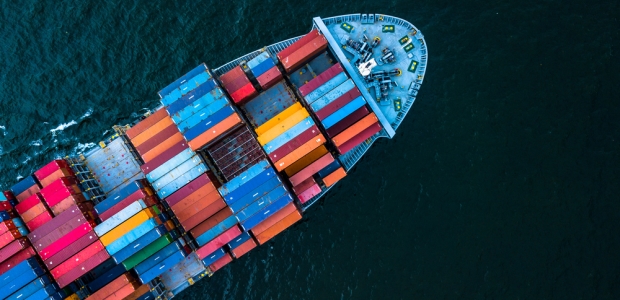
IMO Leader Focused on Seafarers' Training
Several key questions will require focus from all stakeholders, IMO Secretary-General Kitack Lim said, including what standards seafarers will be required to meet with respect to education, training, and certification to qualify them for the jobs of the future.
The International Maritime Organization's secretary-general, Kitack Lim, highlighted the need to consider seafarer training and standards as shipping evolves, with increasing levels of technology and automation, in Jan. 15 speech at IMO's headquarters as a new "Transport 2040: Automation, Technology and Employment - the Future of Work" report was released by the International Transport Workers' Federation and the World Maritime University (WMU). WMU produced the report.
Lim listed several key questions that will require focus from all stakeholders: "How will the seafarer of the future manage the challenges related to an increasing level of technology and automation in maritime transport? How will the new technologies impact on the nature of jobs in the industry? What standards will seafarers be required to meet with respect to education, training, and certification to qualify them for the jobs of the future?"
An important strategic direction for IMO is the integration of new and advancing technologies into the regulatory framework, balancing the benefits derived from new and advancing technologies against safety and security concerns, environmental impacts, international trade, potential costs to the industry, and their impact on personnel, both on board and ashore. "Member States and the industry need to anticipate the impact these changes may have and how they will be addressed," he said.
ITF and WMU said their report is the first-ever independent and comprehensive assessment of how automation will affect the future of work in the transport industry. It concludes that the introduction of automation in global transport will be "evolutionary, rather than revolutionary" and that "despite high levels of automation, qualified human resources with the right skill sets will still be needed in the foreseeable future." Technological advances are inevitable but will be gradual and will vary by region, it concludes.
Stephen Cotton, the ITF general secretary, also emphasized that automation, new technology, and the future of work are some of the most important challenges facing workers today. "Transport workers of today and tomorrow must be equipped with the required knowledge, skills, and expertise for the jobs of tomorrow. The study provides the information needed to support these aims. The ITF remains committed to working in partnership to ensure our unions and members are central to developments in building the future of work," he said.